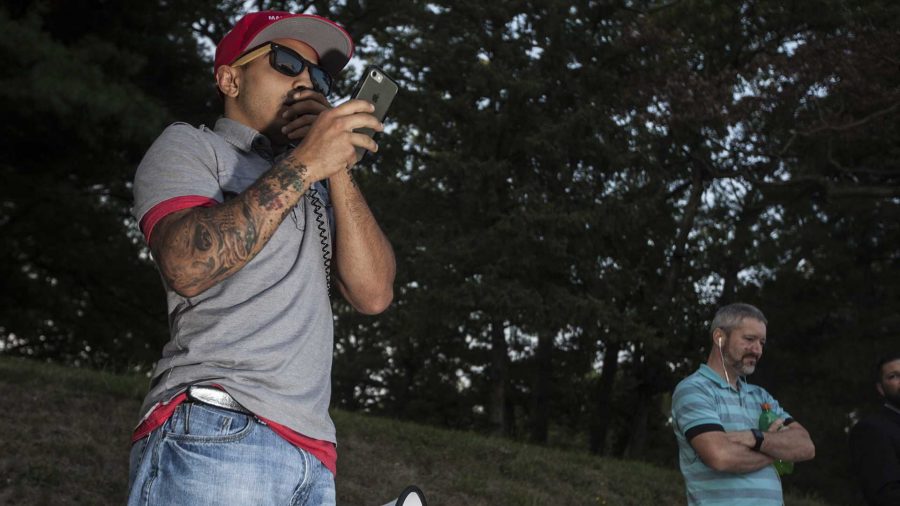An online watchdog group has given the University of Iowa a Yellow rating for its speech code expressed in specific policies.
Lucee Laursen
[email protected]
What is a university for if not to create an environment in which thoughts and ideas can be openly challenged? Higher education should be a place for people to grow. Growth comes from challenging ideas and from learning different perspectives. Sadly, many public universities have speech codes that prohibit or encourage people not to challenge ideas, and the University of Iowa is one of them. A lack of free speech creates an environment in which people are unable to grow in their ideas.
A group called Foundation for Individual Rights in Education ranks universities on their speech codes. The UI is rated as a yellow light. This is defined by group as: “Yellow-light colleges and universities are those institutions with at least one ambiguous policy that too easily encourages administrative abuse and arbitrary application.” Iowa has three specific policies that are “yellow light” policies.
RELATED: Laursen: Should Homeland Security prohibit free speech?
To gain further knowledge on this matter, I interviewed Abby Evans, the president of the University of Iowa’s Young American Libertarians group. She told me that her group’s two main goals on our campus are free speech and ending the war on drugs. I asked Evans what she thought the UI could do to improve its free speech codes. She said, “The first huge thing we can do is get rid of the free speech zones, the administration calls them solicitation areas.” The university tells people that they must have reservations to use the spaces. This restricts people from having spontaneous events to talk about relevant issues.
This means that students and the public are not able to freely hold event areas around the university without first gaining permission. The university classifies events as someone having a freestanding structure, like a table, or someone contacting the press to cover their event. The
Iowa policy on use of campus outdoor area states, “The University of Iowa permits eligible groups to sponsor events on the Pentacrest as long as those events are conducted under reasonable time, place, and manner.”
Breaking this statement down, “eligible group” refers to a recognized student organization. So, a recognized student organization has to officially host the event in order for them to use Iowa’s public spaces. Next, the use of the word “reasonable” allows the university to have almost full discretion over time place and manner of each event.
This is unconstitutional. The university is a federally and state-funded entity. Yet, it reserves the right to tell groups not recognized by the university that they cannot hold events on public space.
RELATED: Laursen: Who gets free speech?
The university has these codes and policy to protect students from potentially being harassed. Which of course sounds great. No one wants people to be harassed, so we should have rules and policies against harassment. But defining harassment is quite difficult. University policy says harassment can be intentional conduct toward
someone or persistent to the point that speech affects someone’s work or campus living/performance. In a lot of cases, people can say that anything negatively affects them. I could say that someone trying to give me a flier for buy-one-get-one-free calzones is negatively affecting my ability to go to school. And by the university’s policy, people should not longer be able to give out such fliers.
I want everyone at Iowa to feel welcomed. I do not want people to be harassed. However, the university does not have the right to restrict free speech on our campus. The Individual Rights in Education group sues schools that have unconstitutional free speech codes. If the university enforces one of its bogus speech codes, the group will sue the school. The group will win. Free speech is not a fight that will stop until something changes.









